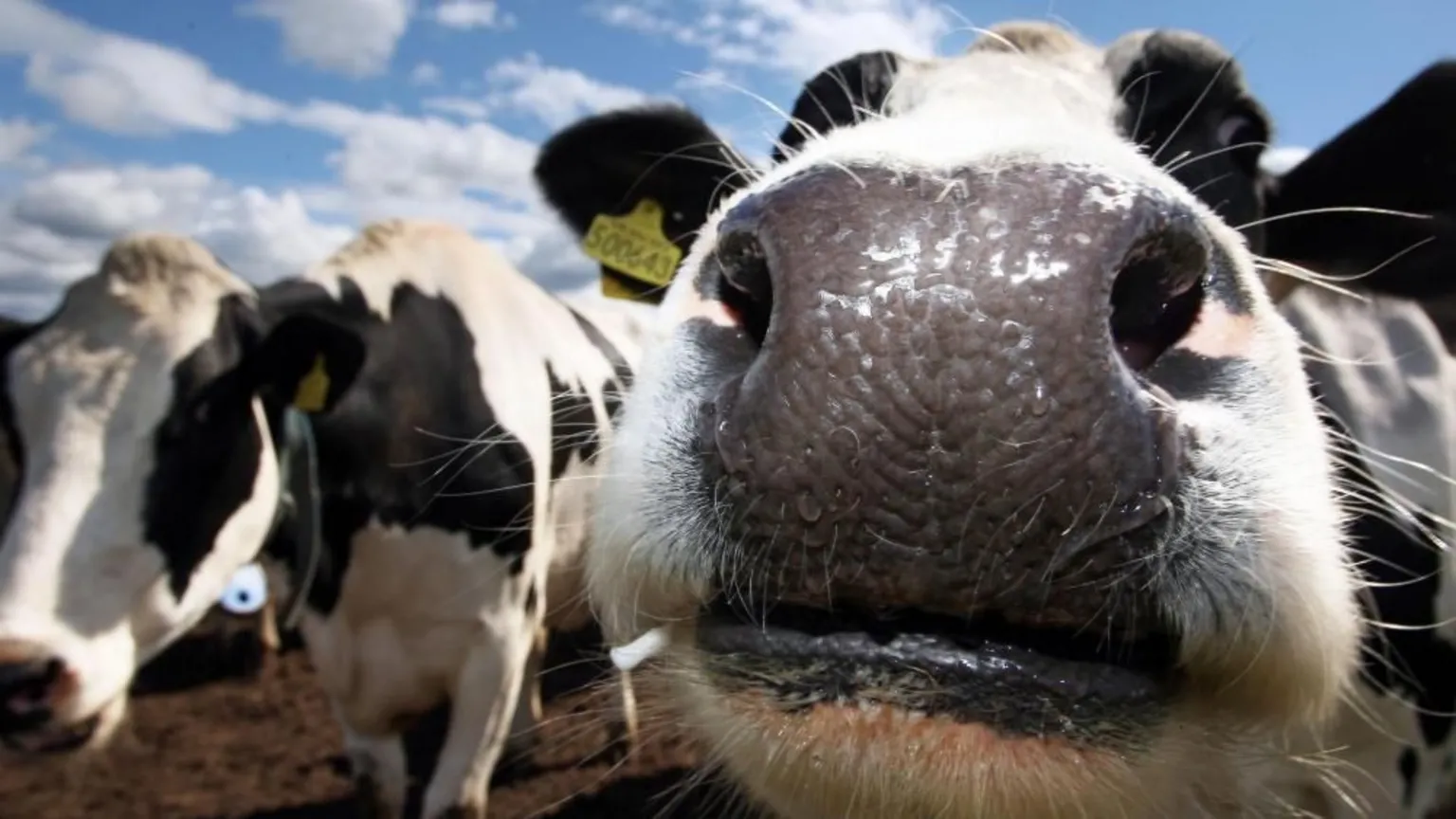 |
| bbc.com/news |
Climate change is having a profound impact on global food security, with devastating consequences for communities around the world. Rising temperatures, changing precipitation patterns, and increased frequency of extreme weather events are all taking a toll on agricultural production, leading to food shortages and price increases.
Climate change is affecting global food production in several ways. Warmer temperatures are altering the distribution and abundance of crops, making it difficult for farmers to predict and prepare for harvests. Droughts and floods are also becoming more frequent, leading to crop failures and reduced yields. In addition, changing weather patterns are disrupting pollination and pest management, further reducing crop yields.
The impact of climate change on global food security is not uniform, with different regions experiencing varying levels of devastation. In Africa, for example, climate change is leading to more frequent and severe droughts, which are devastating crops and livestock. In Asia, rising temperatures and changing precipitation patterns are affecting rice production, a staple crop for millions of people. In Latin America, climate change is leading to more frequent and intense hurricanes, which are damaging crops and infrastructure.
The impact of climate change on global food security is far-reaching. Food shortages are becoming more common, leading to price increases and reduced access to nutritious food for millions of people. Climate change is also exacerbating existing food security challenges, such as poverty and conflict, which are further reducing access to food.
While the impact of climate change on global food security is significant, there are steps that can be taken to mitigate its effects. These include:
* Supporting climate-resilient agriculture practices, such as agroforestry and conservation agriculture
* Investing in climate information and early warning systems to help farmers prepare for extreme weather events
* Promoting sustainable agriculture practices, such as organic farming and permaculture
* Supporting small-scale farmers and local food systems to increase food availability and access
In conclusion, climate change is having a devastating impact on global food security, with far-reaching consequences for communities around the world. It is essential that we take immediate action to mitigate its effects, including supporting climate-resilient agriculture practices, investing in climate information and early warning systems, promoting sustainable agriculture practices, and supporting small-scale farmers and local food systems.




No comments:
Post a Comment
What's do you think about this News Story? Share your thoughts here, let's learn together...